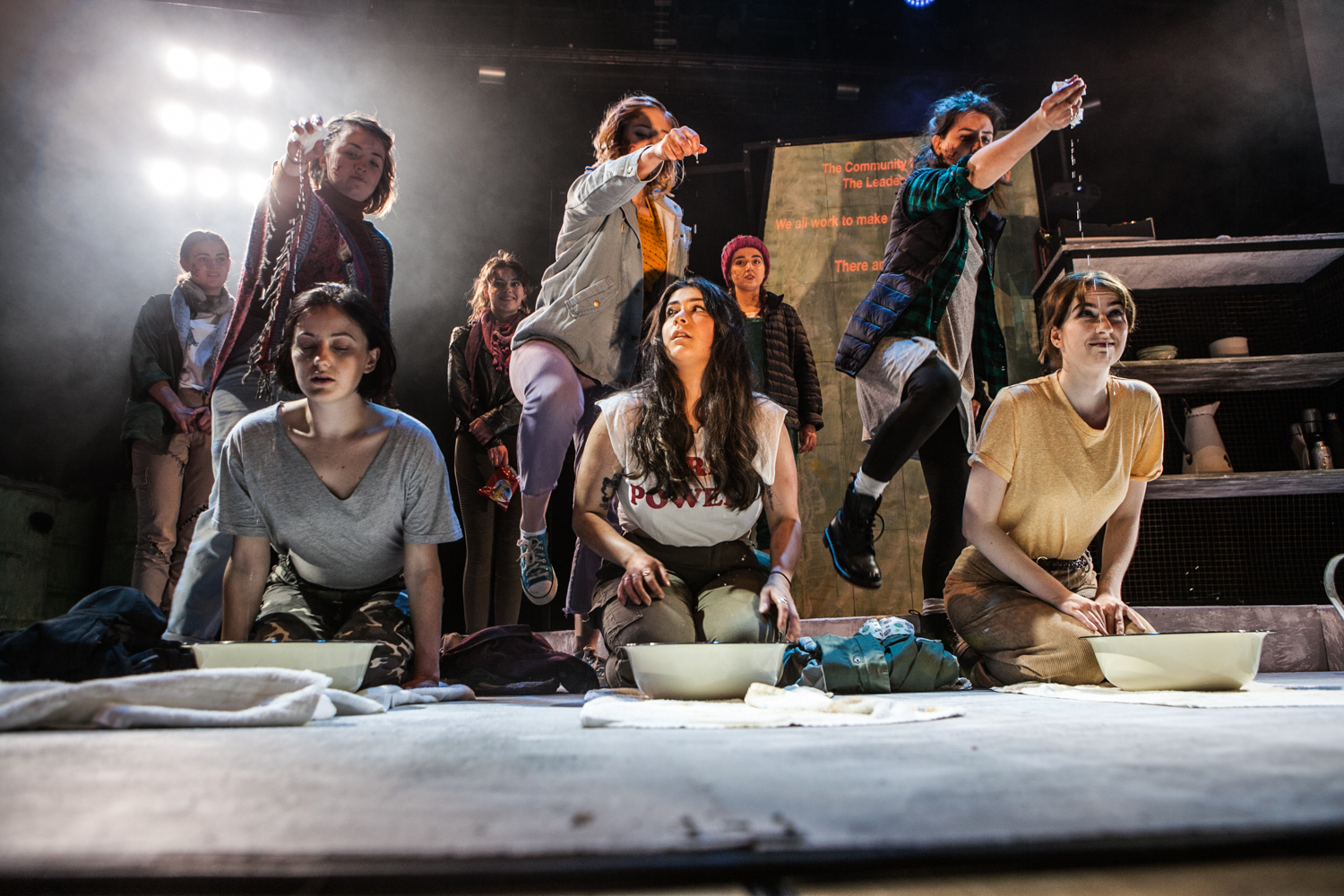Susan Elkin explores the various options now available to students looking for actor training.
It’s always been a minefield. There you are quietly about to mark a pile of essays having dismissed the class and a student sidles up to you. “I want to be an actor. What do I have to do?” Any teacher working in secondary English or drama or performing arts department has had to field this one.
Well I believe that you should never trample on a student’s ambitions or aspirations, however slim you think their chances of achieving them. Yes, many actors – even after training – struggle to get work. There are too many trained actors for the jobs available and unemployment rates are higher than in almost any other industry. But this isn’t the moment to dwell on that, even if the student’s parents have already done it.
Any teacher worth his or her salt will talk the student through the options in a positive way, First get involved in as much school drama as possible. Join youth theatre locally and try to do some amateur work nearby if you can. If money is a problem, there are almost always schemes administered formally or informally by these organisations so that no young person who really wants to do it is held back by poverty. Then there’s National Youth Theatre, National Youth Music Theatre and British Youth Music Theatre and, maybe, drama school upon leaving school.
And, oddly, that’s where the trouble starts because what on earth do we mean by drama school? Some have merged with universities (East 15, Guildford School of Acting). Others are freestanding but offer degrees validated by universities (Mountview, LAMDA). Colleges like Oxford School of Drama are completely independent and offer diplomas rather than degrees. Four schools (Royal Conservatoire of Scotland, Guildhall School of Music and Drama, Royal Birmingham Conservatoire, Royal Welsh College of Music and Drama) have merged with music conservatoires. Rose Bruford Academy has degree awarding powers, so it offers degrees without a parent university. You cannot generalise yet every one of the schools I’ve mentioned here is part of the group of twenty schools which form the Federation of Drama Schools. Outside that are also dozens of private ones doing excellent work (theMTA, Midlands Academy of Dance and Drama, Dorset School of Acting).
Recently it got even more complicated. Vocational actor training at Drama Centre, an FDS member has been suspended for two years pending a review. Drama Centre is (was?) part of Central St Martins which is, in turn, a collegiate section of University Arts London. Drama Centre’s own advisory council has, meanwhile, resigned in protest.
It is fairly obvious that money lies at the root of this. Drama students being trained for industry readiness need at least 30 hours a week of proper tuition and individual attention. That seems to work for independent colleges, but as soon as a relatively small drama school merges with/is taken over by/sells out to (take your pick) a huge university there are bound to be tensions about the cost of training actors and other theatrical creatives.
They’re very different from, say, mathematicians, historians or even fine artists who seem to be able to educate themselves on the basis of an occasional lecture, reading lists and a lot of “private study” time. Actors and their colleagues learn by doing. It’s like driving or making pastry.
I have often imagined the budgetary conversations with some finance whiz employed to cut university costs. “Why can’t drama students just manage with 6 hours a week like business studies students?” “Because it’s a practical subject and this was the deal when we merged.” “But that was ten years ago and the context is different now …”. Oh yes, I could write the script.
It isn’t hard to see why formerly independent drama schools have chosen to move into universities in recent years. They get access to university facilities and presumed stability. That often means splendid new buildings especially designed for what becomes, in effect, the drama department although the original name is usually retained. Drama Centre, for example, has (had?) a wing of Central St Martins immaculately converted, spacious Granary Building at Kings Cross complete with its own impressive drama library.
Students, moreover, get access to everything the university offers including libraries, accommodation and student union. On graduation they have the kudos of a degree from the parent university – not that the certificate is any guarantee that the holder is employable as a stage or screen actor, of course.
The downside, obviously, is that however glitteringly good the initial deal seems, eventually it will tarnish because a drama school is expensive to run and the students pay the same fees as all the rest so they become a financial drain. The drama school can’t possibly retain much autonomy either.
Perhaps we shall, in the next few years, move back to a situation in which vocational training for theatre/screen creatives is completely outside mainstream higher education. That could, if handled sensibly, actually be an improvement although I struggle to see how it could be totally inclusive, unless students still have access to student loans and other support.
It’s a tricky area to offer advice about but I don’t think teachers should duck the issue. Say the wrong thing and you may be killing off (as it were) the next Lily James or Eddie Redmayne.
@SusanElkinJourn




No Comments
No comments yet.
Sorry, the comment form is closed at this time.